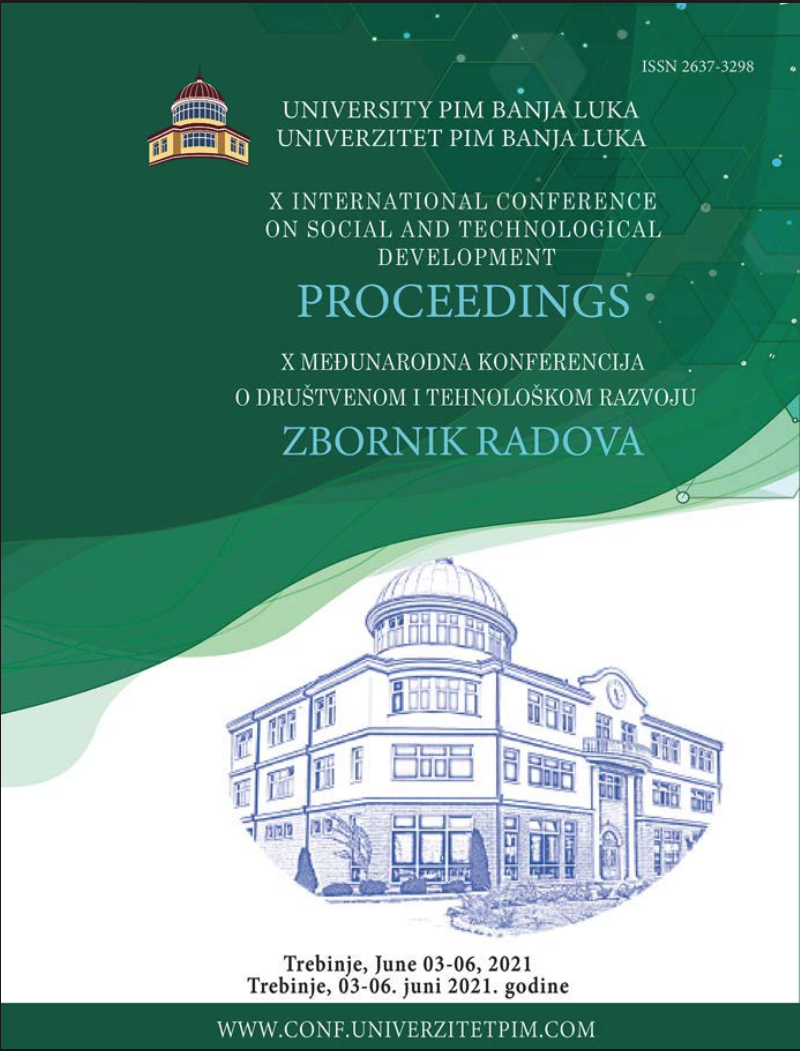
This is an open access article distributed under the Creative Commons Attribution License which permits unrestricted use, distribution, and reproduction in any medium, provided the original work is properly cited.
Faculty of Philosophy, University PIM , Banja Luka , Bosnia and Herzegovina
Faculty of Philosophy, University PIM , Banja Luka , Bosnia and Herzegovina
The political and economic turmoil of the modern life influenced everyone, particularly marginalized groups, such as people of the other race, ethnicity, social class, gender or sexual orientation. This concept of otherness refers to not belonging to the main stream and it is one of the most important motifs in contemporary literature. This paper deals with the concept of women as the other focusing on the poetry of two great contemporary American poets, Adrienne Rich and Joy Harjo. We will establish some differences and then again, some similarities between the above-mentioned poets as they belong to different races and sexual orientations, but still the fact that they are both women implies that they also have something in common. What is in common for these two poets is dealing with the position of women in contemporary American society and searching for the individual identity lost in the collective one. Furthermore, they tend to be representatives of marginalized groups, but yet they struggle to liberate themselves from that labeling and try to be main stream. Consequently, they have to work against the grain. We will perform the analysis from the feminist critique viewpoint with a special emphasis on the concept of otherness, lost identity and body image.
The statements, opinions and data contained in the journal are solely those of the individual authors and contributors and not of the publisher and the editor(s). We stay neutral with regard to jurisdictional claims in published maps and institutional affiliations.